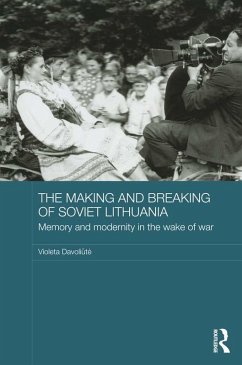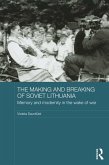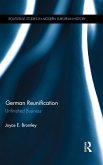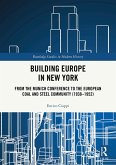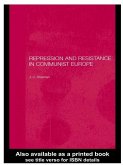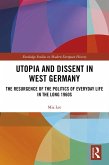Dieser Download kann aus rechtlichen Gründen nur mit Rechnungsadresse in A, B, BG, CY, CZ, D, DK, EW, E, FIN, F, GR, HR, H, IRL, I, LT, L, LR, M, NL, PL, P, R, S, SLO, SK ausgeliefert werden.
"Davoliut 's engaging book makes it clear that the Soviet period should be viewed less as a parenthesis in Lithuania's grand narrative than as a 50-year period that, for better and for worse, profoundly shaped modern Lithuania." KEVIN C. O'CONNOR, Gonzaga University
"The book is very timely, well-written, and thought-provoking. It certainly marks the qualitative development of studies of Lithuanian national culture beyond internalist, institutional accounts of folk culture and language-based ethnic nationalism by explicating underlying social mechanisms that enabled these particular discourses of national culture to rise to prominence. As such, Davoliut 's study is an important step toward the acknowledgment of a greater social complexity underpinning Soviet and post-Soviet culture, and will certainly stimulate further studies in this direction." - Volume 15 of Ab Imperio in 2014

